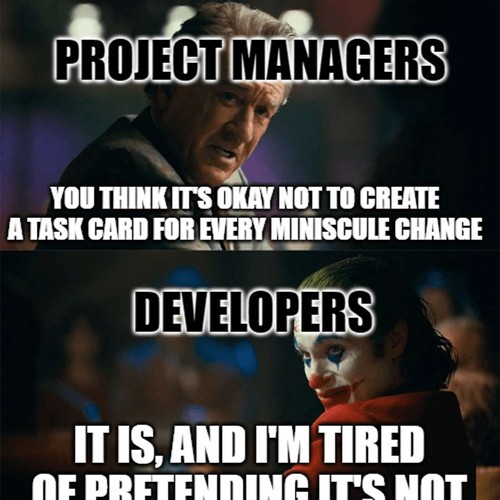
 Programming Throwdown
Programming Throwdown 179: Project Planning
Feb 3, 2025
Dive into the exciting world of project planning and management! Learn why effective feedback and risk identification are crucial for success. Discover the power of Gantt charts and methodologies like Scrum and Agile. Delve into how reading academic papers can enhance your tech skills. Explore the potential of AI in knowledge sharing and the innovative sqlite dict library for data storage. Finally, don't forget the importance of celebrating team milestones to boost morale and strengthen bonds!
AI Snips
Chapters
Books
Transcript
Episode notes
LEGO Store Anecdote
- Jason's wife opened a Bricks and Minifigs franchise, an event space and retail store for LEGO.
- Surprisingly, many customers buy pre-built LEGO sets as display pieces, not for building.
Career Break Advice
- Take career breaks, especially after a long tenure in the industry, to recharge and gain fresh perspectives.
- Plan your break with a goal in mind, whether it's a personal project or other focus.
Career Break Planning
- Consider COBRA for health insurance coverage during career breaks, allowing retroactive signup.
- Prepare a concise explanation for your break when asked by others.


